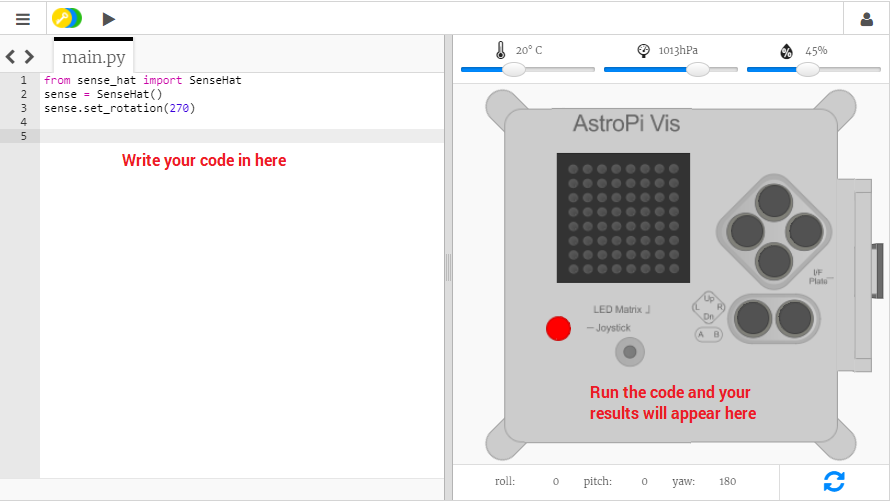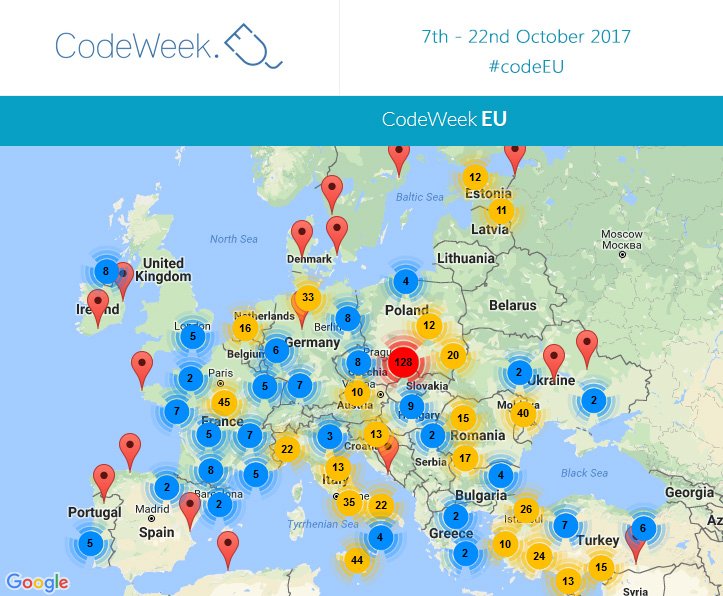It's the second day of the second week of the second month of the year? That's Safer Internet Day! Over 140 countries across the globe celebrates it in their own way, under the unifying slogan of "Together for a better internet".
Yesterday, the 5 February, schools in Europe and all over the world celebrated the 15thannual edition of Safer Internet Day (SID). Organised by the joint Insafe/INHOPE network, with the support of the European Commission. Thus schools will continue to work on this important theme throughout February.
Safer Internet Day 2019
Theme: Create,
connect and share respect: "A better internet starts with you."
This day brings together thousands of
people, schools, teachers and students to champion a safer and better
internet.
They will be calling for everyone to
play their part in creating a better internet for all, in particular its
youngest users.
Internet users are invited to join in
and engage with others over the internet in a respectful way in order to ensure
a better digital experience for everyone.
They will also remind internet users to
take responsibility and keep the internet safe.
Aims:
By fostering resilience, skills and knowledge, young people will be able to navigate any online risks safely.
A better internet will also empower citizens in this fast-evolving digital world and take full advantage of the enormous opportunities offered to them online.
Go Online/ game
Resources: Games
Go Online is a game made to encourage positive behavioural change in the area of safe use of the internet.
In cooperation with eConfidence partners, Nurogames researched, selected and developed ideas of topics relevant to be included in the game. With support from project coordinator, ITCL, a suitable graphical style for the target audience was determined.
Information:
Go Online consists of five mini-games portraying the situations and topics of safe usage of internet when a teenager is preparing an upcoming birthday party and in discussion with the mother encounters various questions and matters related to the safe use of internet.
The mini-games are enclosed by a story in which the player moves around in a household environment familiar to every student. The household environment was chosen to immerse the player into the game and to facilitate the transfer of in-game behavior into the real world.
credits: Shutterstock
Addressing the following aspects:
- Increased awareness of consequences and of interacting in a social online environment.
- Sense of privacy, avoidance of harassment or support of improper/anti-social behaviour.
- Self-awareness of his/her "virtual self" and implications and importance of concepts such as anonymity, libel, right-to-be-forgotten.
- Incorporation of safe behaviour when using an internet-enabled device: knowledge of risky behaviour and common strategies of social engineering.
- Self-monitoring of excessive or improper usage of Internet.
- Increased awareness of the importance to use internet and its facilities as a communication, research and empowering tool, but not as replacement to real-world interactions and activities.
In Go Online the player/student slips in the role of a 13 year old kid (boy or girl) who lives with his/her mother Ellie in a little home.
Before the kid's 14th birthday the mom gives him/her a pre-present: a smartphone and an internet access. She explains to the kid that there are many risks the internet has, but also acknowledges the benefits it has to offer. She suggests that he/she should organize his/her birthday party using the internet with his/her new smartphone, families Tablet and Ellie’s laptop.
Note:
The game has been made available for the 10 schools in the eConfidence pilot tests, in the experimental stage for the pupils participating. Read more here
Following the completion of the pilot tests and upcoming project research results, more information on the game will be made available on the eConfidence website
Education:
Serious games – that is, games with an educational purpose – have become popular in
schools and have been shown to support knowledge acquisition as well as bring about
behavioural, perceptual and cognitive change. They can be an important learning method
provided they have a sound underlying pedagogical design.
I shared with my usual readers another serious game on Bullying (2018) by eConfidence.
The objectives of Go Online use game are that students receive support to:
- Identify the different types of risks they can encounter online
- Understand the consequences of potential online behaviour
- Develop successfully digital skills Improve their behaviour in a digital environment
Approaches that complement, not replace, other ways to address the safe
use of the internet and bullying in the classroom will add to these benefits and help change
the behaviour of students on these issues.
A booklet you will find indications that gaming activity in the classroom can make a positive change to students' knowledge of and behaviour towards a topic.
Immersion in the game and perceived competence during game playing can bring about positive psychological outcomes.
In the two games they students become active
agents in their learning and develop more sensitivity and empathy through direct
engagement in realistic simulations
Note: This project has received funding from the European Union’s Horizon 2020 research and innovation programme under grant agreement No 732420.
06.02.2019
Copyright © 2019-Souto'sBlog, gsouto-digitalteacher.blogspot.com®
 Schools : SG : Safer Internet Day : Go Online... safe ! Interesting experience ! by G-Souto is licensed under a Creative Commons Attribution-NonCommercial-NoDerivatives 4.0 International License
Schools : SG : Safer Internet Day : Go Online... safe ! Interesting experience ! by G-Souto is licensed under a Creative Commons Attribution-NonCommercial-NoDerivatives 4.0 International License
References: eCondidence








.png/c76fcf8b-bf3f-49f6-92a3-b94d13a71500?t=1516292235966)

















